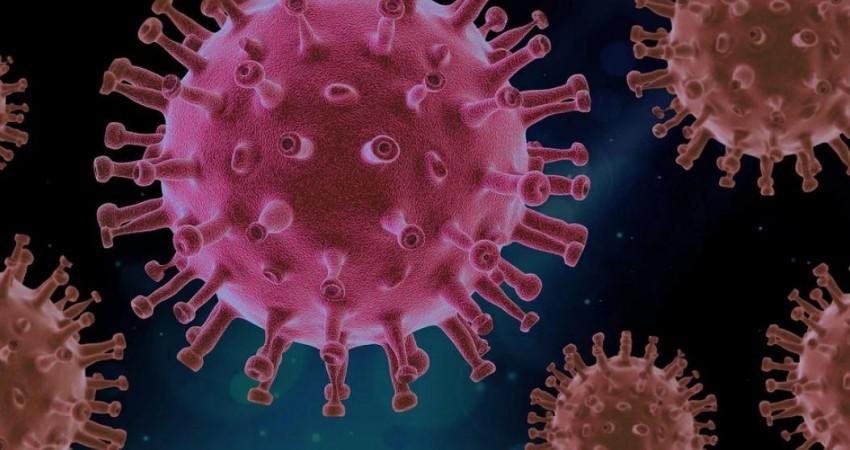With the COVID-19 pandemic showing no signs of subsiding, the world is learning to live with the SARS-CoV-2 virus' lingering presence. On the other hand, the pathogen has been busy, evolving into numerous variants. Several of these mutants—particularly variants of concern (VOC)—are more potent than the original virus that emerged in 2019. Now, scientists have reported that a plant-derived drug can effectively block lethal VOCs, including the highly-infectious Delta variant.
According to a new study by researchers from the University of Nottingham, thapsigargin, a plant-based compound, can efficiently neutralize the Alpha and Beta variants, and the globally dominant Delta variant. It was also found that the Delta variant showed the highest ability to replicate in cells (in comparison to the other variants) and enhanced the multiplication of cells co-infected with other VOCs. The findings were published in the journal Virulence.
"Our new study has given us better insights into the dominance of the Delta variant. Even though we have shown that this variant is clearly the most infectious and promotes production of other variants in co-infections, we are pleased to have shown that TG is just as effective against all of them," said Dr. Kin Chow Chang, lead author of the study, in a statement.
Variants of Concern

As of May 2021, the World Health Organization (WHO) has categorized four variants of the SARS-CoV-2 virus as VOCs. The list comprises the Alpha (B.1.1.7-UK), Beta (B.1.351-South Africa), Delta (B.1.617.2-India), and Gamma (P.1-Brazil) variants. These VOCs are more potent than the original virus and have higher infectivity. The 'spike' (the protein structure that the pathogen uses to invade cells) has served as the hotspot for all mutations, increasing the virulence of variants.
Reports of individuals being co-infected with multiple variants have appeared over the past few months, adding to the world's worry. Through the current study, the authors aimed to ascertain the manner in which three variants— Alpha, Beta, and Delta—of the SARS-CoV-2 virus multiply within cells under two conditions: relative to each other as single variant infections, and in co-infections where cells are simultaneously infected with two variants.

Thapsigargin is derived from the Thapsia garganica plant. While it is a known tumor promoter and skin irritant, it is used as a counter irritant in traditional medicine. In an older study, the team had demonstrated that at low doses, the drug could trigger a powerful broad-spectrum antiviral innate immune response against three crucial human respiratory viruses: influenza A, respiratory syncytial virus (RSV), and SARS-CoV-2. Therefore, the researchers wanted to evaluate whether thapsigargin could effectively block VOCs.
Highly-virulent Delta Variant
Among the three analyzed variants, the Delta variant was found to exhibit the highest proliferation within cells, and its ability to directly spread to adjacent was also the strongest. Importantly, the amplification rate of the variant (at 24 hours post infection) was significantly higher than the other two. While it was over four times that of the Alpha variant, it was nine times more than the Beta variant.

In the case of co-infections, the Delta variant was found to boost the replication of its co-infected partners. Additionally, the concurrent infection with Alpha and Beta or Alpha and Delta granted multiplication synergy. Here, the total new virus (RNA) output was larger than the amount of corresponding single-variant infections.
Blocking VOCs Effectively
Next, the team tested the capacity of thapsigargin in neutralizing the studied VOCs. They discovered that all three variants were highly susceptible to treatment with the compound. It was also gleaned that a single pre-infection priming dose of thapsigargin successfully blocked all single-variant infections.
Additionally, co-infection of every combination—Alpha and Beta, Alpha and Delta, and Beta and Delta—was nullified at greater than 95 percent (relative to controls) at 72 hours post infection. "Together, these results point to the antiviral potential of TG as a post-exposure prophylactic and an active therapeutic agent," concluded Dr. Chang.

















